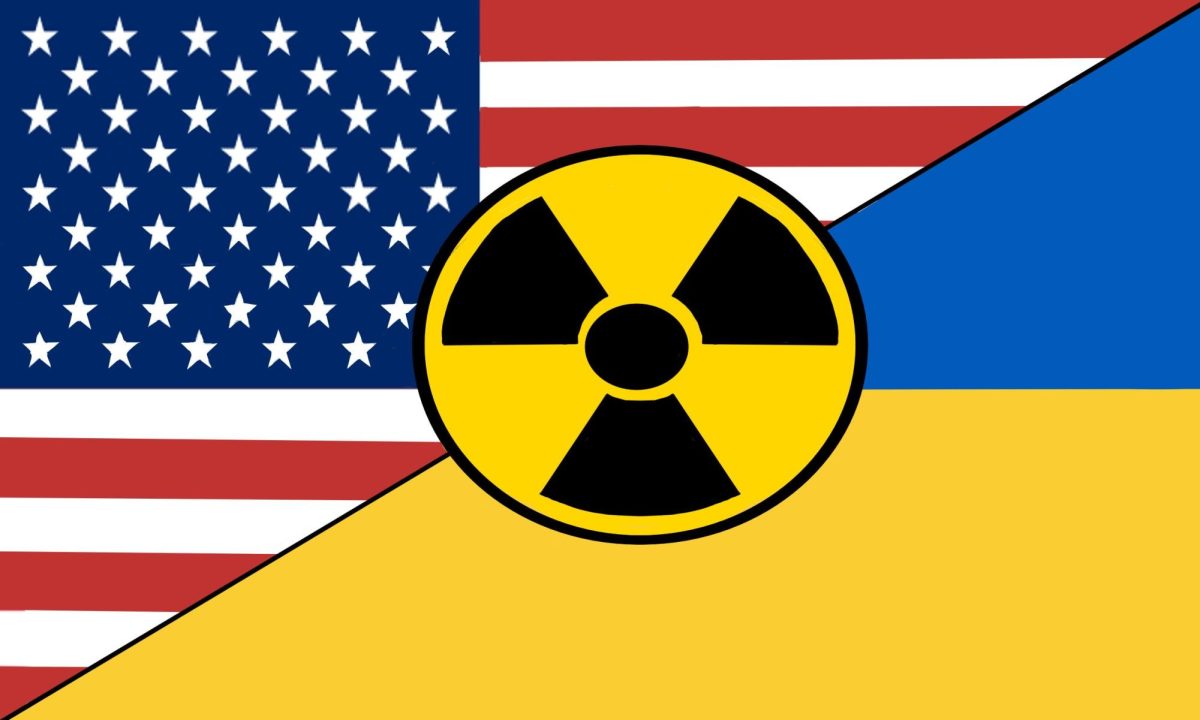Recently, the U.S. has announced that they are sending depleted uranium anti-tank rounds to support Ukraine in its ongoing war with Russia. Depleted uranium has had a long history of controversy since its conception, and it is not the first time the U.S. has used uranium rounds.
Depleted uranium rounds were first used in 1991 during the Persian Gulf War. Since then, they have continuously been used in multiple wars, as it was shown that depleted-uranium-armored tanks were successful in combat.
Although it has been proven to be effective in combat, many veterans and scientists throughout the years have raised concerns on how exposure to the material could be hazardous to humans and the environment. According to the U.S. Department of Veteran Affairs, service members are not in danger of exposure to radiation if they are simply near weapons or vehicles armored with depleted uranium, but service members are still at risk of exposure in many other ways — especially when in combat — as this can happen by inhalation or wound contamination. Many organizations have researched how depleted uranium affected veterans of wars that used it, and many have found that it does not have many significant effects on veterans.
Despite many veterans raising concerns about the radiation of the depleted uranium giving them cancer, most of these cases are negligible. Additionally, the World Health Organization has raised concerns on how depleted uranium could harm civilians that inhabit the sites where it was used in combat. Depleted uranium could contaminate the local water supplies, which could in turn harm inhabitants who live in those areas post-war.
Even though depleted uranium has been proven to be non-lethal, in most cases, to veterans who were exposed to it, it should be noted that it could harm the environment and those who eventually inhabit the land. Even if we are helping our allies, it should be taken into account that the places they end up contaminating with this material could impact future generations. Depleted uranium should be studied and regulated more by officials if it ends up impacting the land negatively. Even though Ukraine is fighting for their freedom, it would be futile if all they do is contaminate the land that they want to protect.







